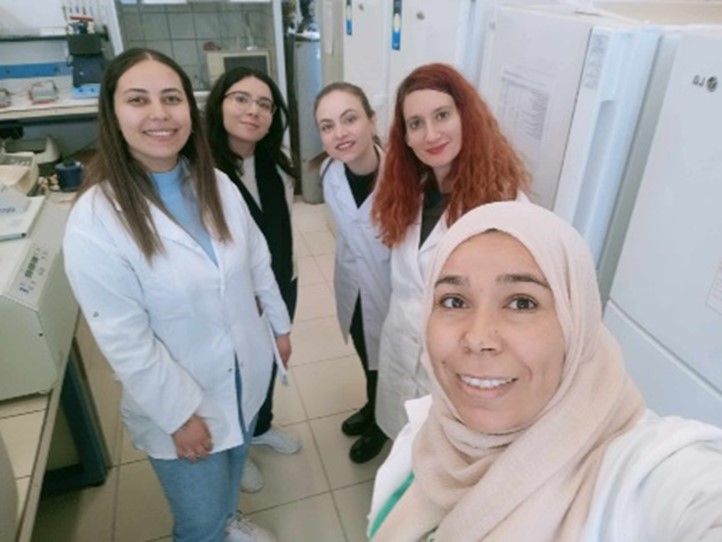In a recent training session under the PRIMA-SAFE project, researchers and agricultural professionals gained hands-on experience with advanced techniques in soil and crop analysis. Participants learned about critical steps involved in sustainable water reuse, including sample extraction, cleanup methods, and high-precision analysis using High-Performance Liquid Chromatography-Mass Spectrometry (HPLC-MS).
The training began with a comprehensive approach to sample extraction from soil and crop tissues, a technique that allows researchers to obtain representative samples for testing. These samples undergo meticulous cleanup procedures to remove any impurities or background compounds, ensuring that only relevant components are analyzed. This step is crucial, as it improves the accuracy of subsequent testing and reduces potential interference during analysis.
The final component, HPLC-MS, enables researchers to precisely quantify and identify various compounds within the samples, such as nutrient content and potential contaminants from treated wastewater. HPLC-MS is an essential tool in environmental and agricultural studies, providing highly detailed data on how irrigation with treated wastewater affects both soil health and crop quality. By mastering these techniques, participants are equipped to contribute to sustainable water management practices, ensuring food and environmental safety.


